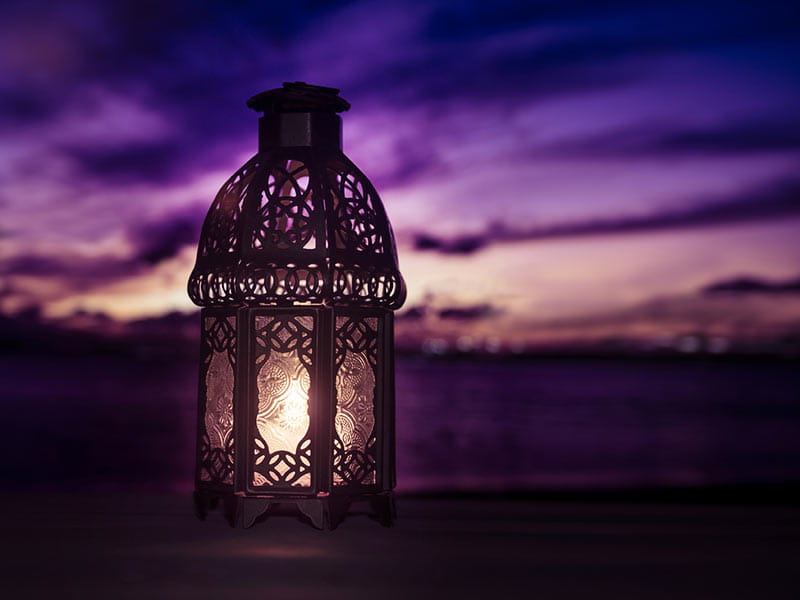``We didn't obey the Quran, so this is Allah, the Almighty, punishing us for our sins,'' said Dawood Rayma, a 38-year-old trader in Anjar.
With eight of the town's 16 mosques destroyed, Muslims gathered wherever they could. Prayer leader Moulana Azim knelt on the ground under the huge branches of a poplar tree next to the 300-year-old whitewashed tomb of Saint Hazi Bir.
``We must now live a holy life, a simple life, a prophet's life,'' added Rayma, whose family survived the 7.7-magnitude quake on Jan. 26 that was centered near Anjar.
All across the western state of Gujarat, where at least 15,000 people died, tens of thousands of Muslims faced Mecca, knelt and touched their foreheads to the ground. Prayers were said outside ruined mosques, next to Islamic cemeteries and other holy sites.
``God has given us his punishment,'' lamented an old man at the Dawoudi Bojhar Islamic cemetery on the outskirts of Anjar, where 100 bodies were placed in a mass grave on Friday.
Though Muslims make up only 14 percent of India's 1 billion population, at 140 million they are still one of the world's largest Muslim communities. Tension between the Hindu majority and the Muslim minority sometimes flares into violence.
Many Anjar Muslims live in the old city, where the alleys are narrow and rescue workers had a difficult time. Children played around rotting carcasses of cows and goats on Friday, seemingly oblivious to the smell of decomposing bodies as they ran in and out of long ration lines for rice, wheat and kerosene.
``We helped to pull out the Hindus, but now they leave us Muslims with nothing,'' said local Islamic leader Ibrahim Ali Mohammed Kumbhar, his head wrapped in a dirty white turban and his long beard caked in dust. ``When Muslims pray, we pray for the rescue of all religions - but they don't pray for us.''
Kumbhar said 6,000 of Anjar's 40,000 Muslims died. City official disputed that, saying Muslims account for 20 percent of the city's 90,000 population and that Anjar's death toll stood at 2,500 on Friday.
Several Muslim leaders said they went to the Hindu nationalist Rashtrya Swayamsevak Sangh - Association of National Volunteers - for help, but were turned away.
``That's rubbish,'' volunteer Bharat Khode said. ``I work here for everybody, there is no discrimination. That's just propaganda because they want more facilities and luxuries.''
But few of the Hindu nationalist volunteers, distinctive in their khaki shorts and yellow armbands, could be seen in the old town on Friday.
Sanjay Gupta, coordinator of relief efforts in Anjar, said he had taken care to make sure aid workers did not discriminate. He has bigger worries, he said, estimating the town death toll would reach 3,500.
The local animosities between Muslims and Hindus was in contrast to the call made Friday by Pakistan military ruler Gen. Pervez Musharraf to Indian Prime Minister Atal Behari Vajpayee. Musharraf offered his condolences about the massive loss of life and property in India caused by last week's earthquake, said an Indian government spokesman.
Vajpayee thanked Musharraf for Pakistan's assistance, which has included planeloads of blankets and relief supplies, and said it was greatly appreciated by the Indian people, the spokesman said.
The prime minister assured Musharraf of predominantly Hindu India's continuing desire to build a good relationship with its predominantly Muslim neighbor.
The conversation marked a departure from years of conflict between the two countries. It was the first contact between the two leaders since Musharraf took power in Pakistan in 1999.
Tensions have run high between India and Pakistan over the disputed Himalayan region of Kashmir, where violent clashes have broken out of late.

